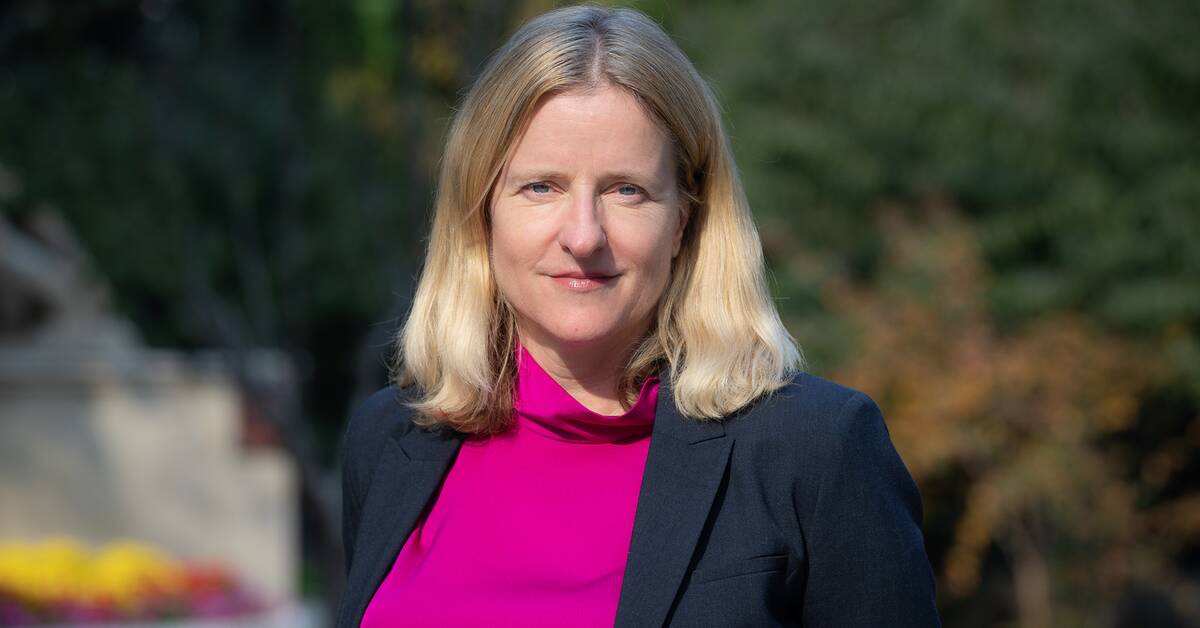In the shadow of the war in Ukraine, the EU and China held their first summit today since the negotiations on an investment agreement were put on hold in 2020. But expectations have been low for some results.
"It's complicated," said a senior EU official, referring to the EU-China relationship status.
The parties have been negotiating a comprehensive trade and investment agreement for several years.
Just before Christmas 2020, it looked like a breakthrough was underway when they basically agreed.
But all came to a halt after China imposed sanctions on a number of EU officials over EU criticism of China's actions in Xinjiang.
Over the past year, they have been slipping apart for a long time after China imposed sanctions on the EU country Lithuania, which allowed Taiwan to open a representative office in Vilnius.
Hoped for mediator role
The meeting, which was planned even before the invasion of Ukraine, was intended to be about the conditions for breathing life into the dormant negotiations.
With the war in Ukraine now entering its second month without any attempts by mediation, from the EU or others, there were many hopes that the EU bloc could influence China to use its relationship with Russia and take a more active mediating role.
For China, it is a complicated and risky propo from the EU.
So far, Beijing has rejected all three US President Joe Biden's pressures on Russia.
The official Chinese view of the war is that it does not concern them and they call on both parties for restraint and peace talks.
However, that neutrality is partly played out.
In reality, China is on Russia's side in most matters.
For example, they have not condemned the invasion and do not call it a war.
The right to defend oneself
In Chinese rhetoric, it is Russia's legitimate right to defend itself from an increasingly aggressive NATO enlargement to the east, staged by the United States.
As recently as yesterday, Chinese Foreign Minister Wang Yi emphasized that he had no plans to withdraw his support for Russia.
"Cooperation must be taken to a higher level," he said.
But he also said that co-operation must comply with the UN Charter and it can be seen as a clear signal that China does not give Russia's actions wholehearted support.
Throughout the conflict, China has sought to balance economic self-interest with demands from the warring parties for support.
China's trade with the EU is large and growing every year.
If the EU and the US punished China for their alliance with Russia, the economic consequences could be serious.
EU spokespersons announced in advance that no joint meeting statement would be presented and that the EU leaders' ambition for the meeting was to clearly describe to China's leaders how they view the Russian invasion and war crimes against a neighboring country and emphasize that the ongoing war is central to the EU. future relationship between China and China.

